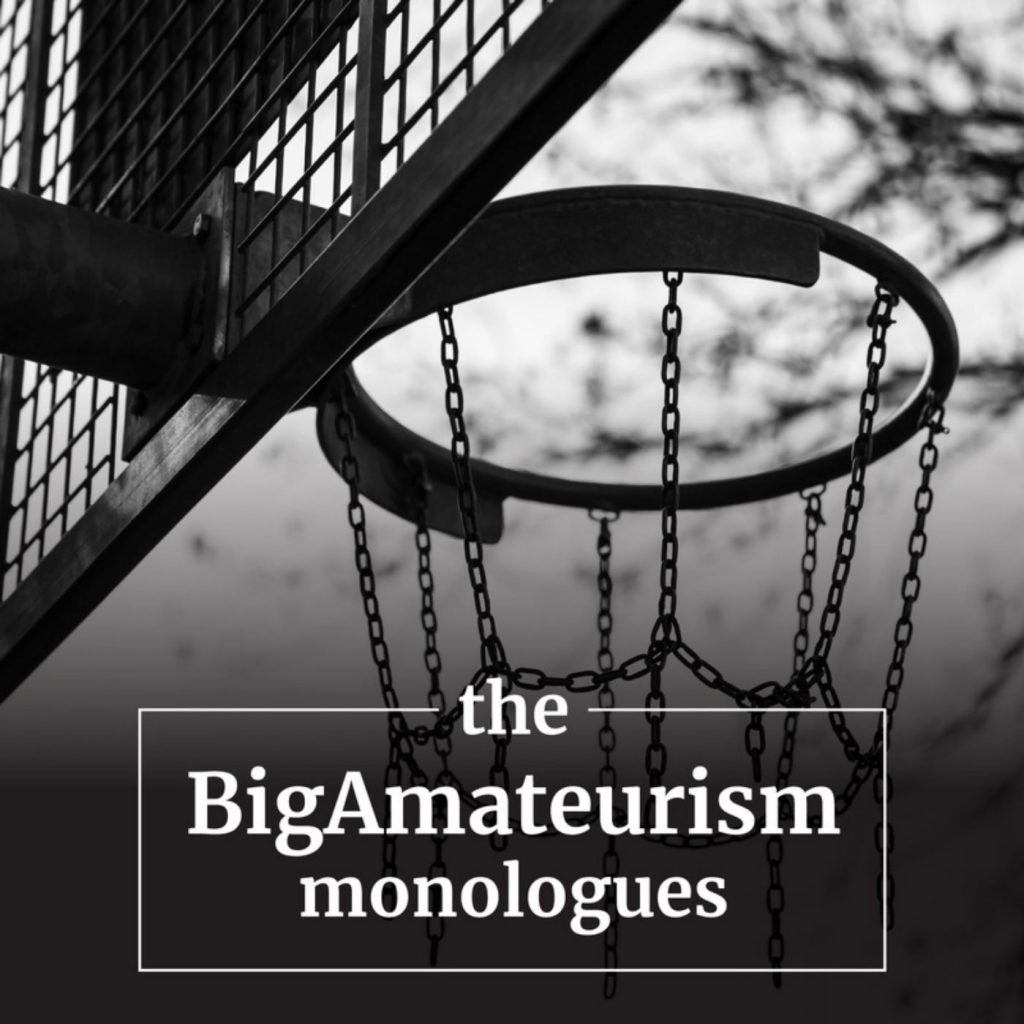Episodes
Wow. It feels like 20 years ago that college sports stakeholders were talking about a unanimous US Supreme Court decision that required the NCAA and Power 5 conferences to play by the same free competition laws as the rest of America. News cycles move so quickly that even “big” stories come and go in a matter of days. Synthesizing and ranking a year’s worth of consequential events is a daunting task, particularly when the most skillful propagandists in America manipulate in real time how the public should view those events. In this episode, I offer my top ten stories of 2022, with a couple of honorable mention items thrown in for good measure. Enjoy!
10. Power 5/SEC takeover of NCAA governance (Episodes 95, 96, 97)
9. NCAA’s interpretation and use of Alston in the Johnson suit (Episode 123)
8. Death of NCAA credibility in infractions and enforcement (Episodes 104, 118, 134)
7. Higher education officially surrenders to Big Entertainment (Episode 125)
6. Death of revenue-sharing for athletes in P5 football and basketball (Episodes 113, 120)
5. Structural changes to P5 football (Episodes 126, 132)
4. Midterm elections (Episodes 137, 139)
3. NCAA cracks the dam on college sports gambling (Episodes 106, 112, 138)
2. The explosion in college sports revenues and revenue streams
1. The games go on! The games go on!
On December 15th, two important news stories broke. First, a National Labor Relations Board regional director in Los Angeles decided that a case for athlete employee status could move forward to an administrative hearing. The case involves USC football and men’s/women’s basketball players. Notably, one of the issues in that dispute is whether the Pac-12 and the NCAA are “joint employers” with USC. The joint employer issues pose risks to the Power 5 conferences and the NCAA because it would expand the scope of coverage under the National Labor Relations Act to cover public universities. Second, the NCAA announced that Massachusetts Governor Charlie Baker will be the next NCAA president. In this episode, I address both issues and what they mean, at least in the short run, for the future of college sports. In addition, I discuss (through an article published in Sportico) how status quo Power 5 and NCAA advocates have reframed their rhetoric post-mid-term.
You’ve probably never heard of Huck Devenzio. He’d like it that way. Huck was Dick Devenzio’s older brother. Dick was an athletes’ rights pioneer of some renown in the 1980s and 1990s. His mighty megaphone was silenced in 2001 when he died from cancer. Huck passed away early Tuesday morning after a years-long battle with Parkinson’s disease. In many ways, Huck was as important to early athletes’ rights advocacy as Dick. They made a formidable team. Huck eschewed praise and the spotlight. He probably wouldn’t be happy that I am doing this episode, but here it is nonetheless—a tribute to one of the most interesting people I’ve ever known.
The Democrats have secured at least symbolic control of the Senate with a possibility of actual control if Raphael Warnock defeats Herschel Walker in the Georgia special election next month. This episode discusses the importance of that race in the college sports legislative environment. I also discuss a revealing interview that Lead1 President Tom McMillan gave last week to ESPN/SEC pundit Paul Finebaum. Lead1 is ramping up its public rhetoric on diversity, inclusion, and equity while doubling down on its members’ commitment to compensation limits for athletes and a 1950s business model.




